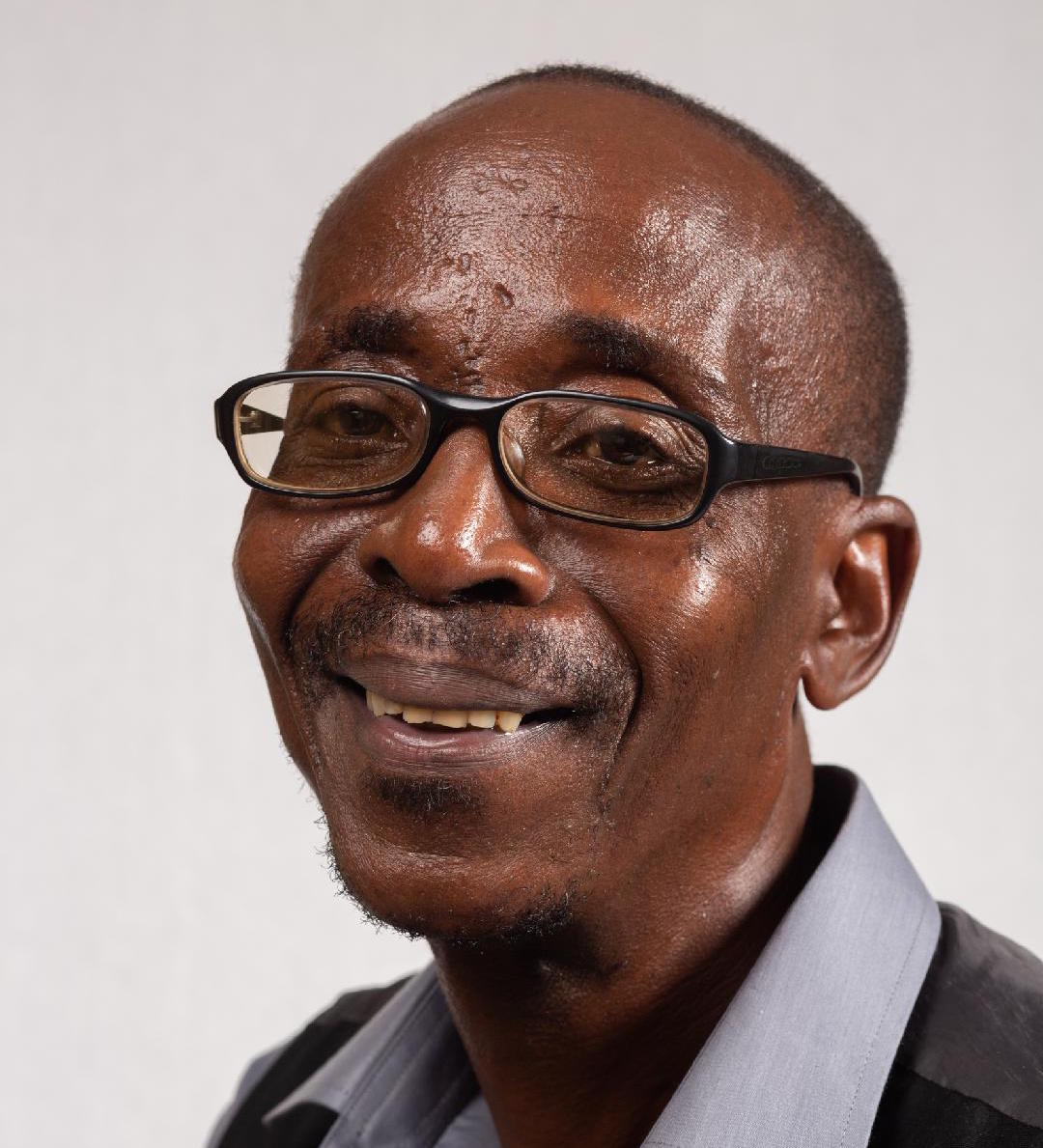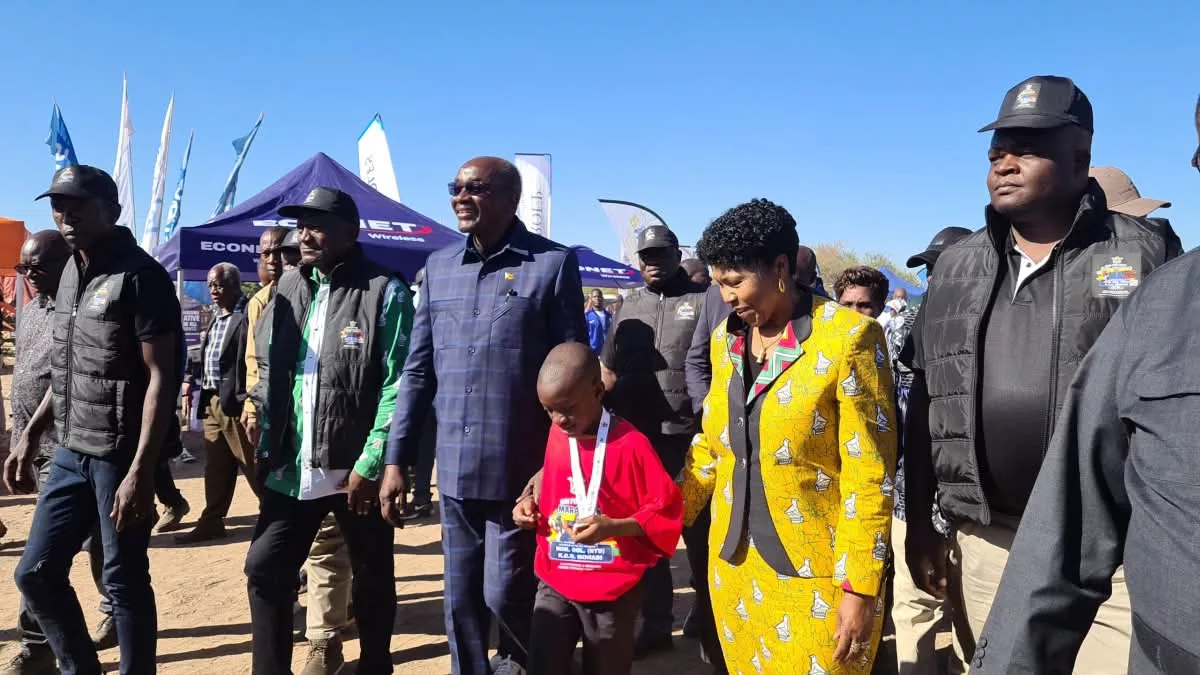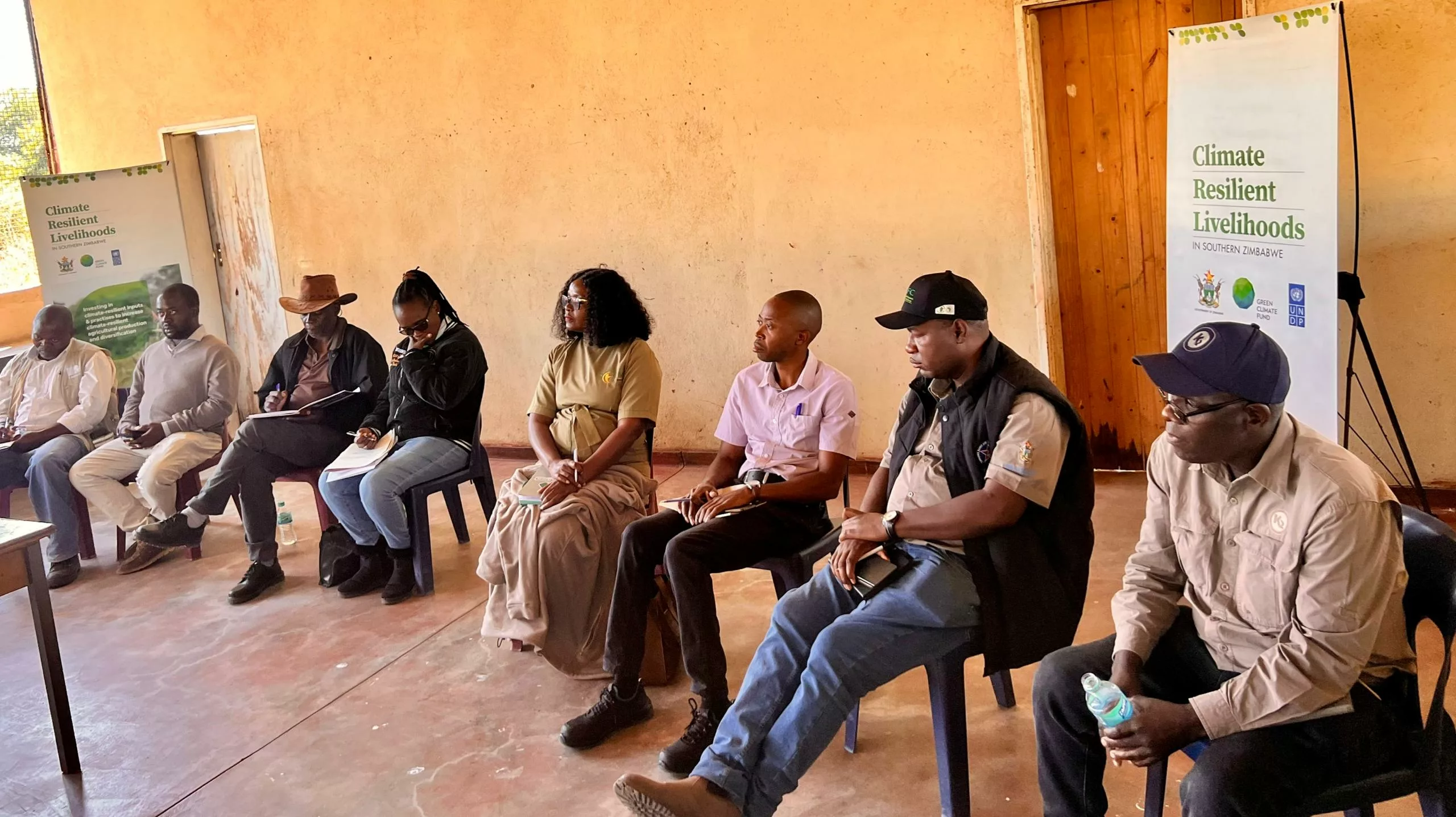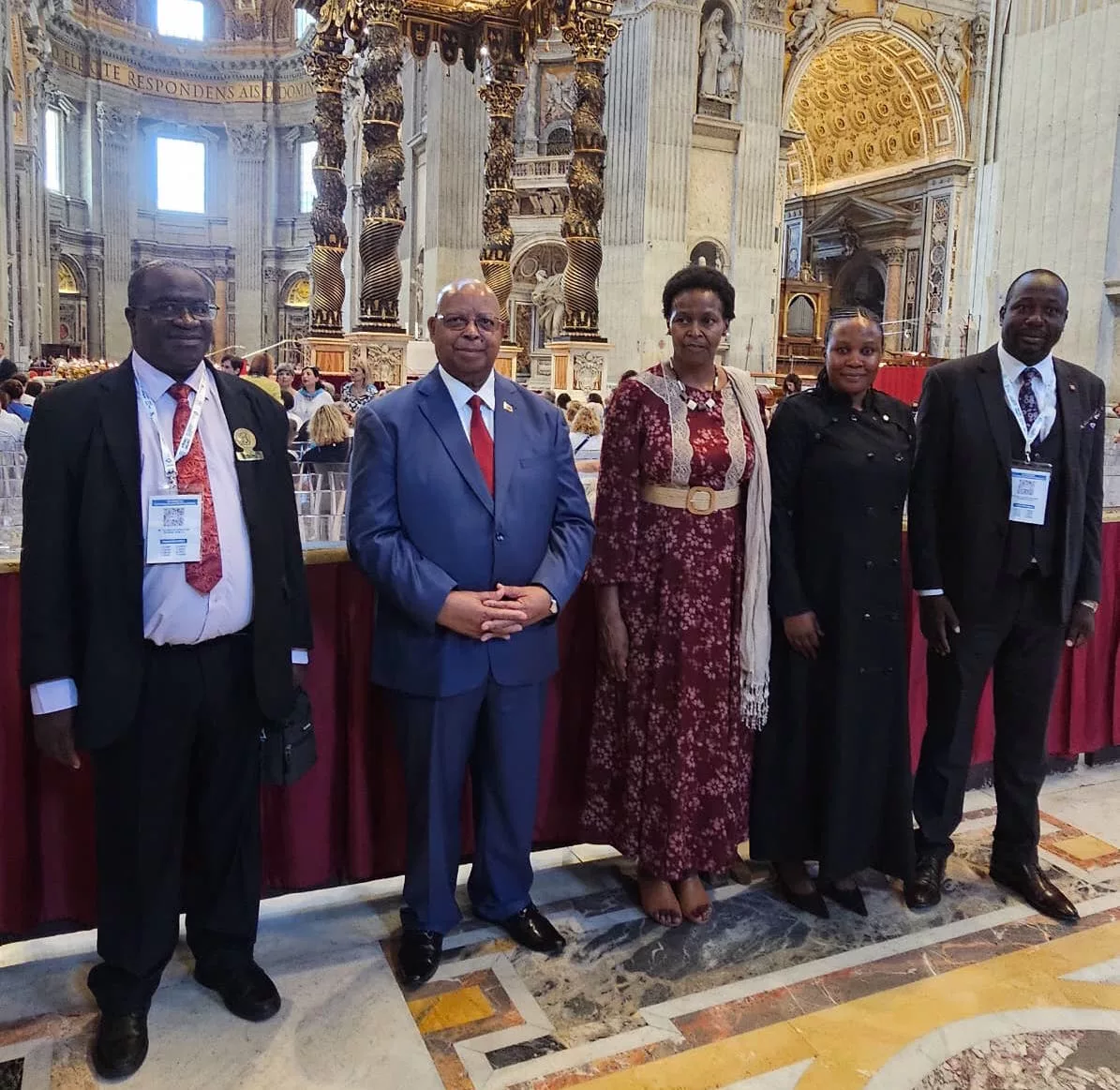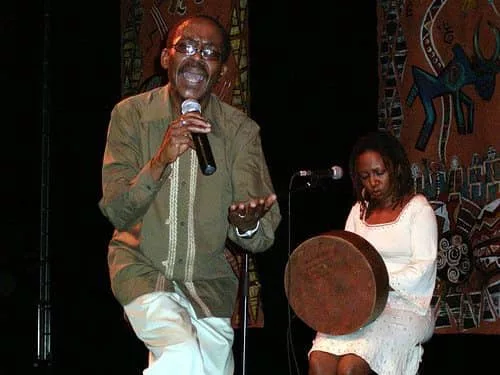|
Getting your Trinity Audio player ready...
|
LitFest Harare has announced the dates and theme of the 2022 literary festival. The festival is scheduled to run from 23 to 26 November, under the theme: “We are joy – Celebrating the ties that bind us.” The festival will run live at selected venues around Harare, with some components of the festival being virtual as well.
This year’s edition of this international festival will be the ninth edition, and the festival will be returning to its traditional format of live activities. The 2020 and 2021 editions had to be virtual because of the Covid pandemic.
The theme was chosen by the festival team as a way to honour the ties that bind us as humanity. As the festival Director, Chirikure Chirikure, explained, “In life, there is always the danger of not appreciating the positives that keep us going, even under difficult circumstances. One of the positives that we have in life is the ties that bind us as humanity. We are bound together in so many varied ways, at the family, community, national and global levels. Those ties are sometimes visible, or even tangible, while the others are sublime. Literature, and art in general, profile and sustains those ties. As such, we should take a moment to celebrate that which keeps us going.”
As explained further in the festival banner, “All around the world we have been terrorised, battered; catastrophe has set up camp at our doorsteps. In spite of all this, we at LitFest Harare choose JOY: to gather and celebrate its expressions; to delve into the euphoria we experience in the worlds of words. The tree that grows is the one that’s watered. We choose to nourish and cultivate what we as humans have in common; there is much more than what divides us. Let us explore those ties, and bind them stronger.”
The main objective of the annual LitFest festival is to run an event that provides platforms for free expression and dialogue, on a range of literary and cultural themes, as well as related social issues. The main purpose of the festival is to allow writers to present their work, and to allow academics, critics, other writers and the broad reading public to hear and discuss it.
Over and above the presentations and discussions, the festival also showcases a broad range of performances. These range from poetry and spoken word performances, to music, dance, theatre, and film. The festival is also spiced up with programmes for audience participation, such as quizzes and competitions.
The indications are already showing that there will be a broad range of participants in the festival, both local and international. As Chirikure says, “Preparations are already underway. We are certain that we will have participants from around Africa, Europe, Asia and the Americas, over and above our own local practitioners and experts. We will shortly be putting out a call for partnerships and participations, so as to broaden the range of our festival programme. This November, let us convene in a space of healing, of strength, to gain grounding as we acknowledge the similarities in our diversity.”


